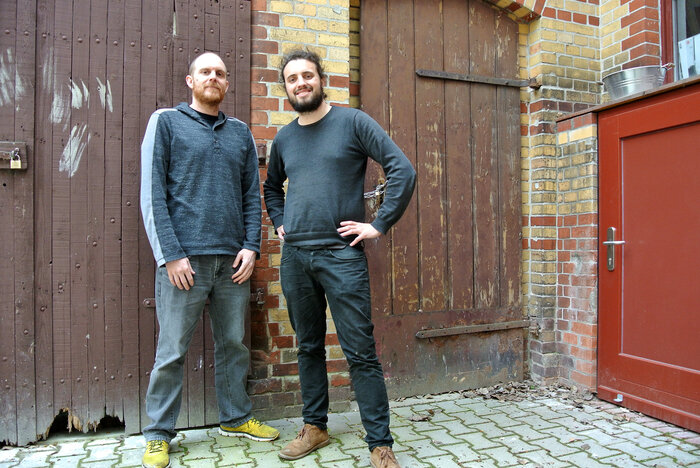With more than 1,300 breweries producing some five-and-a-half thousand different types of beer, Germany is serious about the amber nectar. There's even a word for it – bierernst – which means "deadly serious" and translates literally as "beer serious."
This sober attitude applies particularly to the German beer purity law known as the Reinheitsgebot. Introduced in 1516 by Duke Wilhelm IV of Bavaria, the decree allows for only hops, barley, water and, later, yeast in every Stein. For 500 years, this recipe has served Bavaria very well, and for the last century, the rest of Germany.
But as 48-year-old Karlo Schorn, a patron at a Berlin bar, admits, tastes are changing. "German beer isn't as good as it was 20 years ago" he bemoans. "Brands of beer have the same taste, or nearly the same taste. And good beers with awards now are not from Germany, they are from America or somewhere else."
Beer Sommelier Sylvia Kopp agrees. She says until the arrival of craft beers, the most recent innovation in German brewing was the advent of the very successful Pilsner in the 19th century.
"Our brewing culture was paralyzed," Kopp explains. "All the innovations that we had in beer was packaging, new sponsoring ideas, a new bottle, so there was little innovation with the product itself."
 i
i
Brewmaster Richie Hodges (left) and CEO Robin Weber are still building one of Germany's newest breweries, Berliner Berg. Hodges, originally from the U.S., trained at Germany's oldest brewery, Weihenstephan, in Munich.
Esme Nicholson/NPR
One of Germany's newest breweries is trying to push the boundaries of the German beer palate. Robin Weber, CEO of Berliner Berg, says he and his colleagues used to work overseas and were impressed by the variety of flavors available in places like the U.S. and Australia. "Coming back, working in Germany, all of us were really disappointed by what the German beer market had to offer in regards of variety, diversity and quality," Weber says.
Although Berliner Berg's beers are all currently brewed according to the Reinheitsgebot, Weber and his team say they won't let Germany's brewing standards stop them from adding other ingredients in the future, such as orange peel or coriander. "The problem is not the small breweries experimenting with fruits or whatever," Weber asserts. "The real problems lie in mass production and in an agriculture that is not focused on healthy crops."
The recent discovery of traces of an herbicide in Germany's top-selling beers was a further blow to the industry's claims of purity. But Polls say around 85 percent of Germans still have faith in the Reinheitsgebot.
Michael Ziegler, a 42-year-old from Stuttgart, is among the faithful. He argues that "a German wants his beer made according to the purity law," adding "when I vacation abroad, I drink wine." For Ziegler, the most important aspect of his beer are the four traditional ingredients. Anything else is simply nicht sein Bier – not his cup of tea – or literally, "not his beer."


